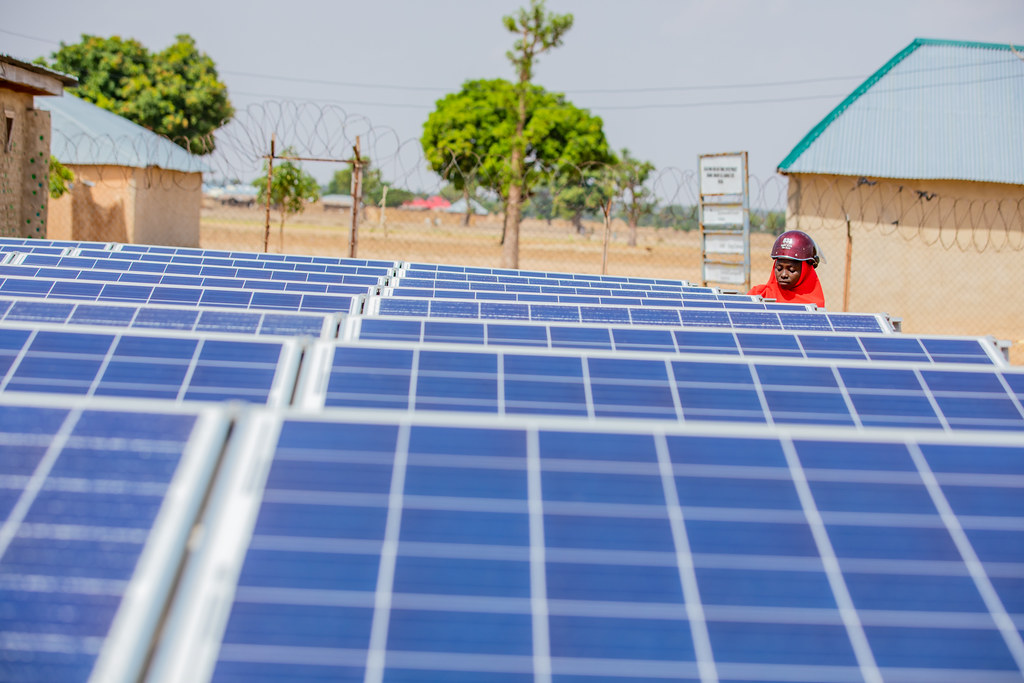|
FROM THE FIELD:
Climate Impacts and Deloitte's Global Response
The scale of recent climate impacts is unprecedented. The last five years have been the hottest on record since 1850, and 2023 saw a record 63 climate-driven billion-dollar disaster events worldwide. The effects of climate change will disproportionately strike low- and middle-income countries (LMICs) as rising global temperatures driven by atmospheric greenhouse gases concentrations create development challenges, including food insecurity, lack of access to energy, and worsening health outcomes. The economic damage caused by climate change also impedes development outcomes in LMICs. Deloitte’s modeling shows that unchecked climate change, where global average temperatures rise by 3°C, hinders growth in every region. Unless the world takes rapid and coordinated action, an increasingly climate-damaged economy could become the new normal, with estimated costs of $178 trillion globally by 2070.4
Deloitte helps LMICs confront the climate crisis by leveraging our 30+ years of international development experience to provide innovative yet practical approaches to climate change mitigation and adaptation and resiliency. Our work across climate finance, climate equity, green transport, resilient infrastructure, urban sustainability, circular economy, water resources management, and solid waste management mitigates greenhouse gas emissions and help communities and countries adapt to new climate conditions. Our approach puts equity and social inclusion at the center of our work, recognizing that marginalized groups disproportionately bear the impacts of climate change. Deloitte’s approach also incorporates new technologies, like artificial intelligence, to model future climate scenarios, identify pathways to decarbonization, and build more resilient utilities and infrastructure.
Deloitte’s work helping development organizations drive global climate action includes:
-
Advancing inclusive urban sustainability development: Deloitte works with the Government of Indonesia to support the urban planning of Indonesia’s new capital, IKN, and its goal of becoming a 75 percent green space city. In Vietnam, Deloitte advised the government on the development of its Action Plan to Respond to Climate Change.
-
Supporting an equitable and inclusive energy transition: Deloitte has supported Just Energy Transition (JET) principles in various regions, including Sub-Saharan Africa, Southeast Asia, and the Middle East and North Africa (MENA). In Southern Africa, Deloitte worked with local universities to support women in municipal governments to become JET change agents and train women engineers to better contribute to the energy transition. In Jordan, Deloitte supported the launch of ASPIRE II, the second round of its Women in Energy Leadership Skills Development Program, targeting female energy professionals to foster career advancement and promote inclusivity in the sector.
-
Advancing donor organizations’ responses to climate and biodiversity opportunities: Deloitte has assisted numerous international financial institutions in assessing countries’ exposures to climate and nature impacts, risks, and opportunities.
Deloitte is committed to driving climate action in the developing world across sectors and industries to advance benefits for people and the planet.

USAID Power Africa.
|